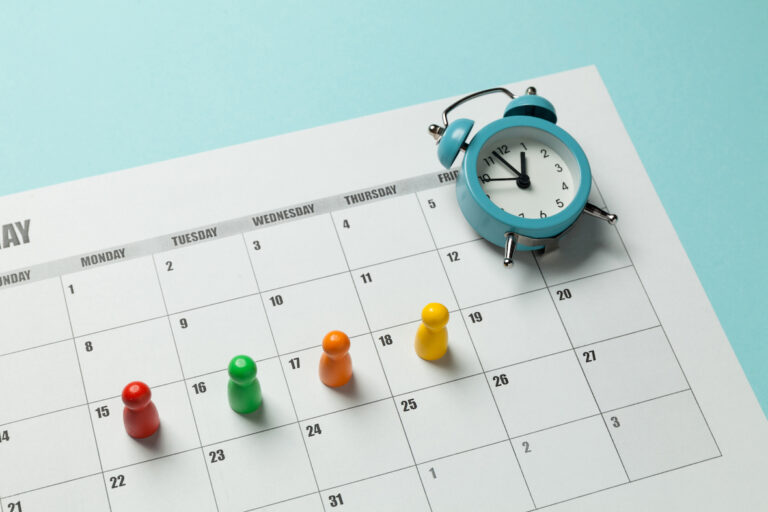
Will new Gamble Responsibly taglines impact gambling behaviour?
Online betting companies in Australia now use new messages instead of the ambiguous ‘gamble responsibly’ in advertising. The seven new ‘gamble responsibly’ taglines aim to encourage consumers to pause and consider the consequences of losing a bet or question their behavioural choices. However, whether the messages will be effective in influencing behavioural choices is still debated writes Griffith University’s Dr Marie-Louise Fry.


 Dr Luke Balcombe is a digital mental health (DMH) expert and a researcher in the
Dr Luke Balcombe is a digital mental health (DMH) expert and a researcher in the 
